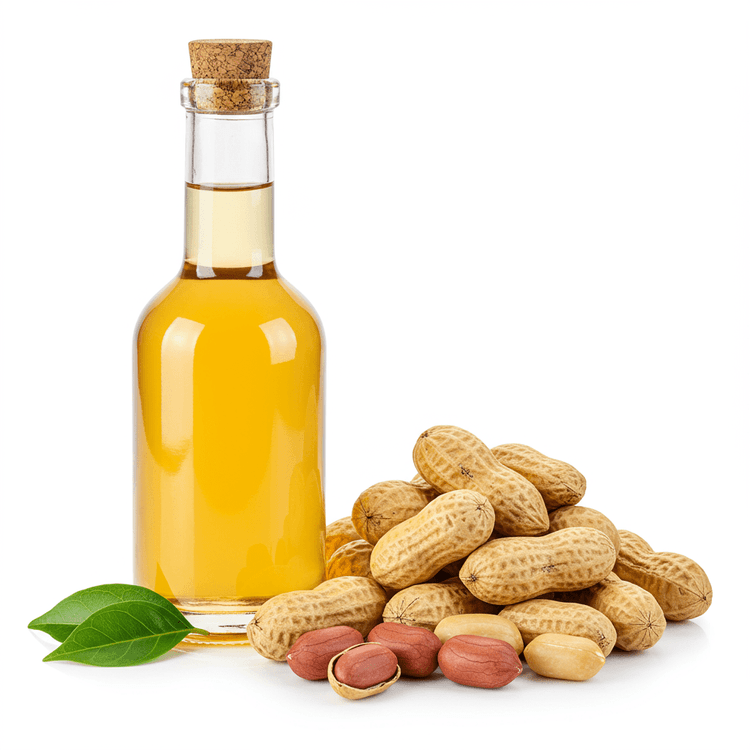
Vinegar
Vinegar is a versatile liquid condiment known for its tangy, acidic flavor and clear or slightly cloudy appearance. It is made through the fermentation of ethanol by acetic acid bacteria, resulting in a sharp, sour taste that enhances a wide variety of dishes. Available in many types such as white vinegar, apple cider vinegar, balsamic vinegar, and rice vinegar, each variety offers unique flavor profiles and culinary applications. Vinegar is a staple in kitchens worldwide, prized for its ability to balance flavors, tenderize meats, and act as a natural preservative.
Common Uses
- Use vinegar as a base for salad dressings, marinades, and vinaigrettes to add a tangy, refreshing flavor to greens and proteins.
- Incorporate vinegar into pickling recipes to preserve vegetables like cucumbers, carrots, and onions while imparting a sharp, zesty taste.
- Add a splash of vinegar to soups, stews, or sauces to brighten and balance the overall flavor profile.
- Use vinegar as a tenderizing agent in meat marinades, helping to break down proteins and infuse flavor.
- Mix vinegar with water for a natural cleaning solution that can also be used to rinse fruits and vegetables.
- Drizzle balsamic vinegar over roasted vegetables, fresh fruits, or desserts like ice cream for a sweet and tangy contrast.
Health Benefits
- Adds tangy flavor to dishes, enhancing taste without added calories or fat.
- Commonly used in salad dressings, marinades, and pickling for its acidic properties.
- Contains acetic acid, which can help preserve food and extend shelf life.
- Can be used as a natural tenderizer for meats in cooking.
- Often included in diets for its versatility and ability to balance flavors in recipes.
Substitutes
Chefadora AI is here.
Experience smarter, stress-free cooking.
Storage Tips
Store vinegar in a cool, dark place, such as a pantry or cupboard, to maintain its flavor and quality. Ensure the bottle is tightly sealed after each use to prevent contamination or evaporation. Vinegar does not require refrigeration and has a long shelf life, but keeping it away from direct sunlight and heat sources will help preserve its potency.
Marnirni-apinthi Building, Lot Fourteen,
North Terrace, Adelaide, South Australia, 5000
Australia

